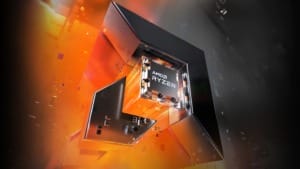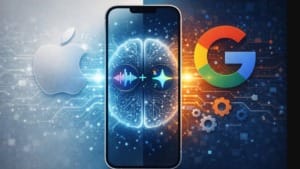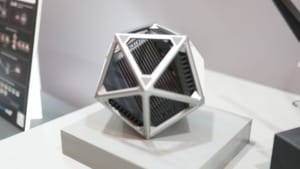Talent Connect Asia 2025 highlights how AI is redefining the future of work
Talent Connect Asia 2025 highlights skills-first hiring, continuous learning, and how AI-human collaboration is reshaping the future of work.

Talent Connect Asia 2025 took place last week in Singapore, bringing together HR leaders, talent professionals, and industry experts from across the region. Hosted by LinkedIn, the event carried the theme “Where Possibility Works”, aiming to help talent leaders reimagine the future of work by embracing AI, adapting to evolving skill demands, and meeting shifting employee expectations.
Table Of Content
Throughout the day, thought-provoking keynotes, interactive sessions, and real-world case studies explored four key themes shaping the workforce: Talent Attraction & Acquisition, Talent Development, Future of Work, and Unlocking Value with LinkedIn.
AI will reshape 70% of job requirements by 2030
The day opened with a keynote from Aneesh Raman, LinkedIn’s chief economic opportunity officer, who highlighted how AI is transforming the workforce. He revealed that 70 percent of job requirements will change significantly by 2030, making today’s hiring criteria outdated within just a few years.
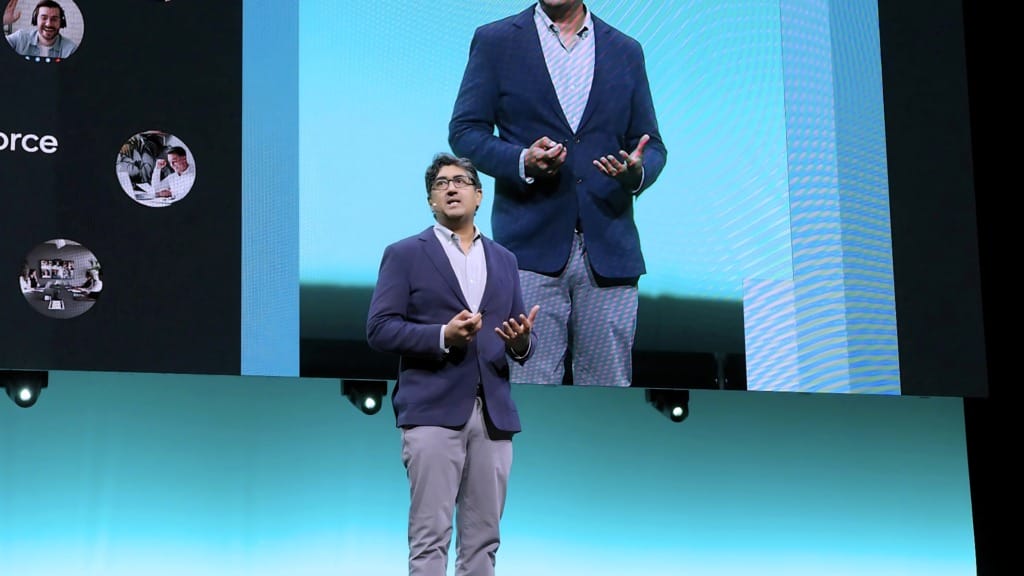
Raman stressed that future hiring will move away from checking off qualifications and instead focus on skills-first hiring. He explained that creativity, communication, compassion, curiosity, and courage — known as the 5 Cs — will be essential for workers to thrive in the AI era.
He also shared a key finding from LinkedIn’s research, “Over 90 percent of corporate leaders in Asia-Pacific prefer candidates who are comfortable using AI tools over those with more years of work experience but less AI knowledge.”
Raman reminded the audience that AI is not here to replace human workers but to amplify their potential. By freeing people from repetitive tasks, AI allows employees to focus on innovation, collaboration, and strategic work, helping companies thrive in the innovation economy — the next evolution after the knowledge economy.
AI is transforming hiring and talent development
In a follow-up keynote, Magdalene Ang, LinkedIn’s APAC product marketing lead, demonstrated how AI is redefining recruitment processes. She introduced LinkedIn Hiring Assistant, an AI-powered tool designed to ease recruiters’ workloads by automating tasks like drafting job descriptions, filtering candidates, and creating personalised outreach messages.
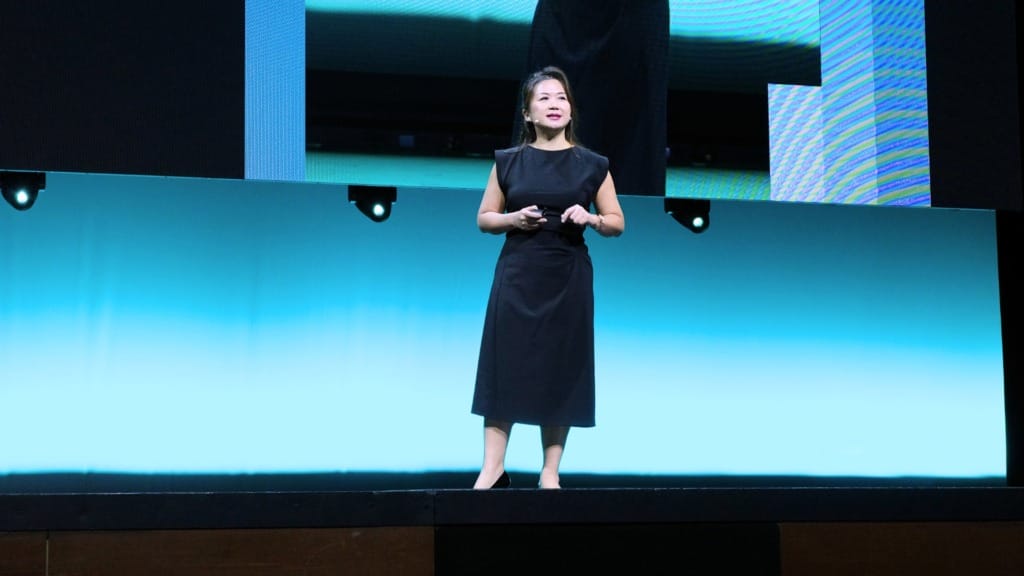
According to LinkedIn’s internal data, recruiters using AI-assisted messaging achieved 44 percent higher candidate acceptance rates, with responses arriving 11 percent faster compared to traditional approaches. AI-powered search also helps recruiters identify the right skills match faster, freeing up time to focus on meaningful conversations with candidates.
Ang also introduced AI-powered role play on LinkedIn Learning, which helps employees sharpen their soft skills — such as giving constructive feedback or handling challenging conversations — by practising with an AI coach. Learners receive real-time feedback and personalised improvement suggestions, with completed training automatically reflected in their LinkedIn profiles.
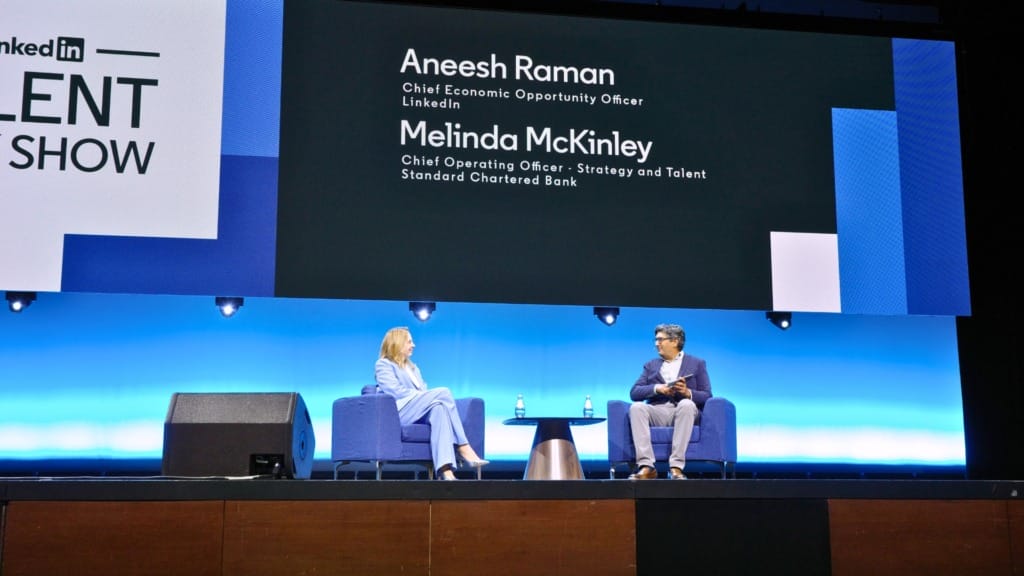
This innovation addresses a growing need for continuous learning, as the skills required for every role are evolving rapidly due to AI. Companies that build a strong learning culture will be better positioned to adapt, attract talent, and retain top performers.
Building a future-ready workforce with AI and human potential
As Talent Connect Asia 2025 progressed, a clear message emerged — the future of work will no longer revolve around traditional qualifications or static job descriptions. Instead, companies will need to focus on skills-first hiring, continuous learning, and AI collaboration to stay competitive.
Speakers throughout the event highlighted how companies are moving away from academic qualifications and rigid career paths, placing more importance on practical skills and the ability to adapt quickly. The shift is not just about learning technical skills like using AI tools but also about developing human-centric abilities such as creativity, communication, and problem-solving — the very skills that define human innovation.
One real-world example shared came from National University Health System (NUHS), where 86 percent of recruiters already use AI-assisted tools to personalise candidate outreach. This shift has made hiring faster, more targeted, and more effective, demonstrating how AI can support HR teams rather than replace them.
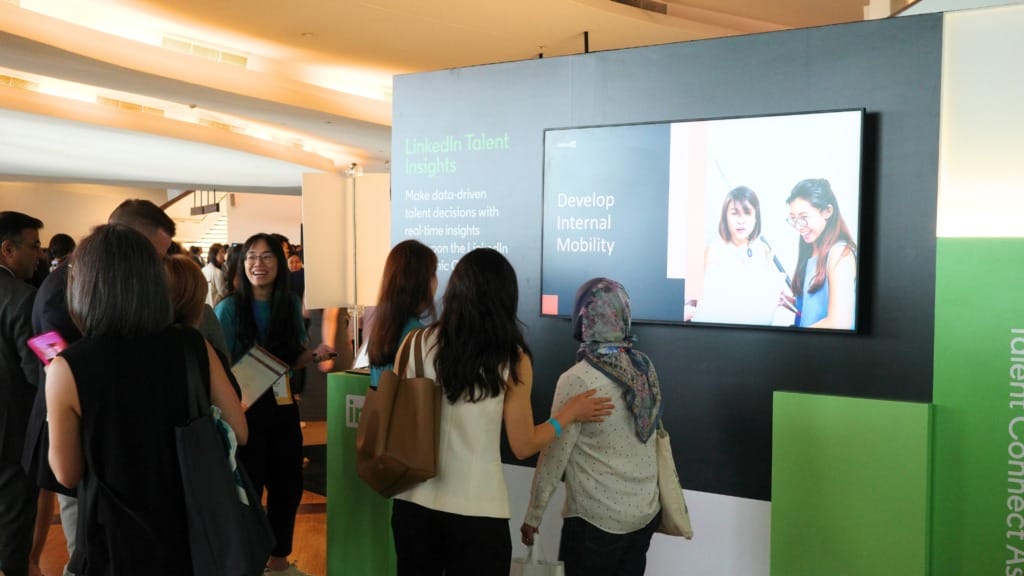
Throughout the sessions, LinkedIn leaders emphasised that companies need to foster a culture of continuous learning. As job roles evolve and AI tools become standard, the companies that invest in helping employees learn and grow will gain a significant competitive advantage.
As the event came to a close, Aneesh Raman left attendees with a powerful reminder, “Ask what’s possible — not what’s left for humans at work.”
That statement summed up the spirit of Talent Connect Asia 2025 — a future where AI and human innovation work side by side, creating more opportunities for people and unlocking possibilities that companies have yet to imagine.













